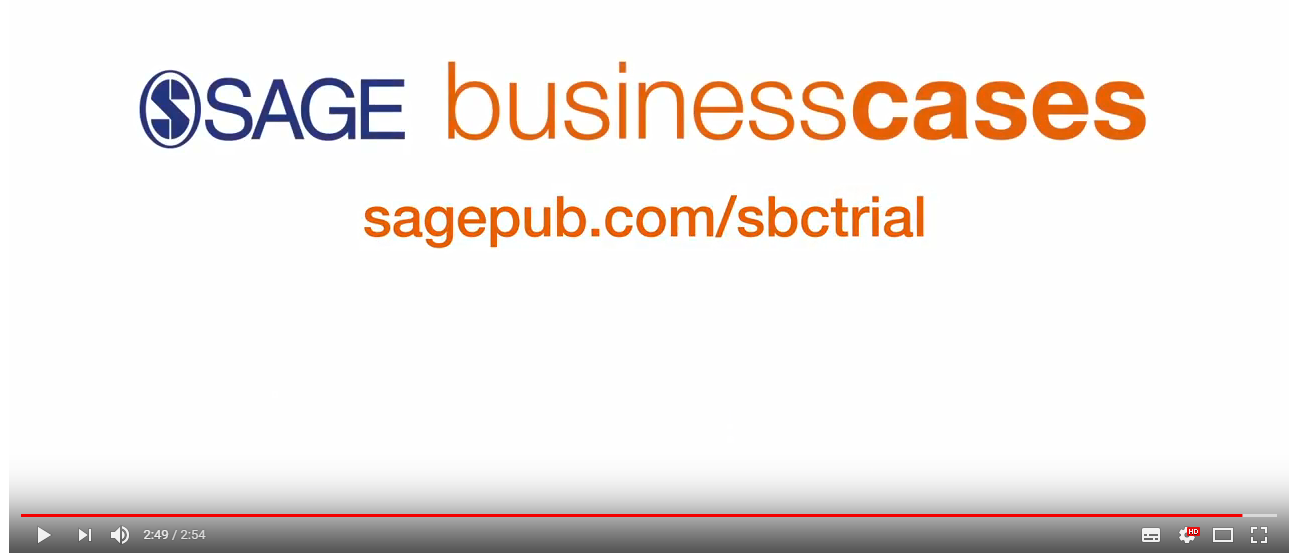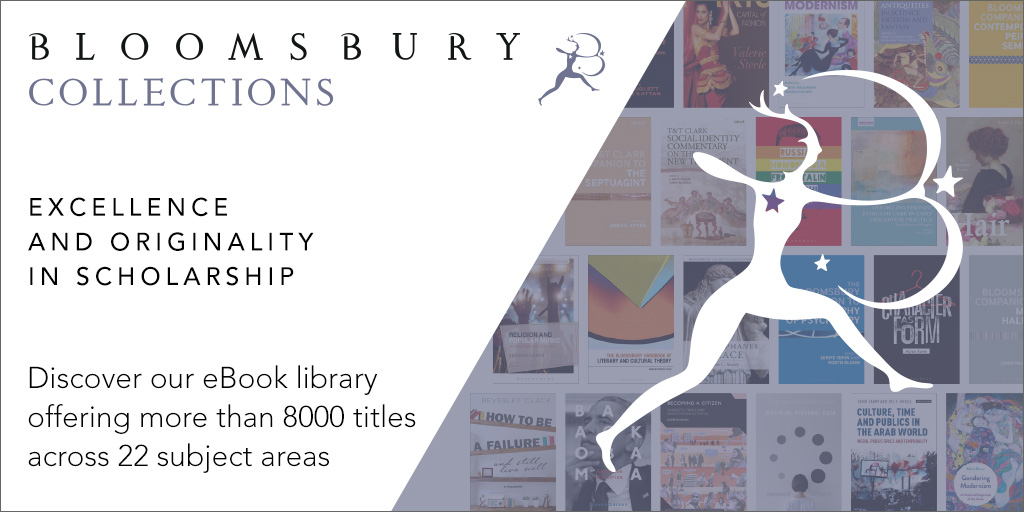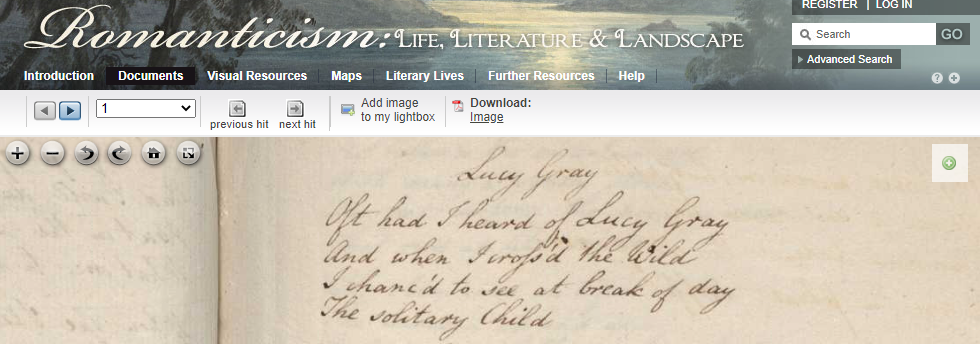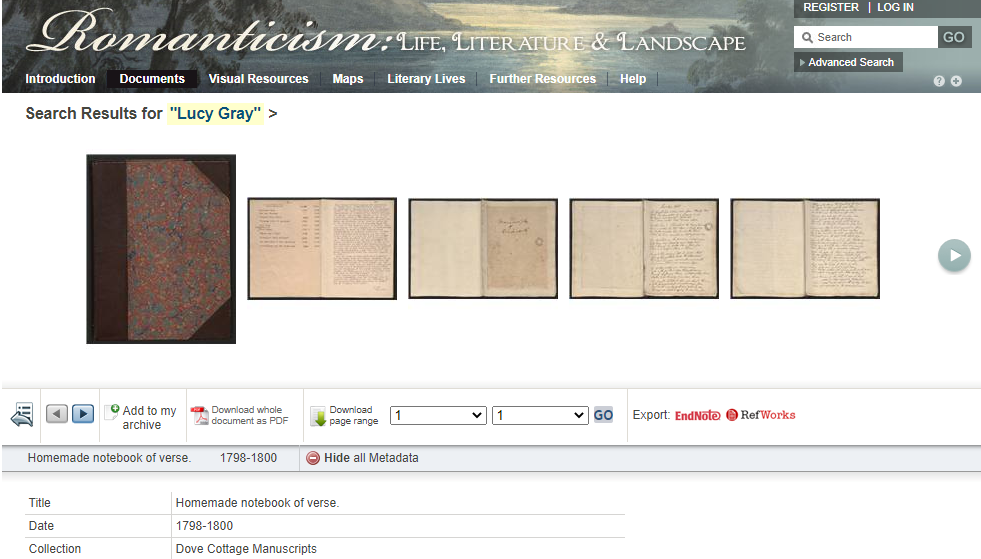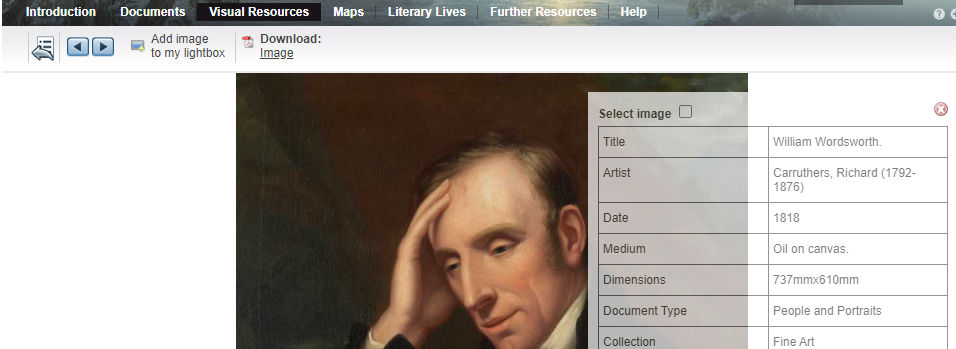
Overview of SAGE Business Cases
This platform provides access to over 2,500 business case studies, which cover a variety of topics and industries focusing on global brands and companies.
Subjects covered includes:
- Human Resource Management
- Marketing
- Operations Management
- Corporate Social Responsibility
- Entrepreneurship
- And many more
Case studies also include teaching notes (only available to Business School Staff Members), discussion questions and learning objectives.
Searching
On the landing page you can:
- Browse by subject
- Browse by content partner
- Browse by academic level
Or apply your keywords and use the filter options down the left hand size to narrow your results list:
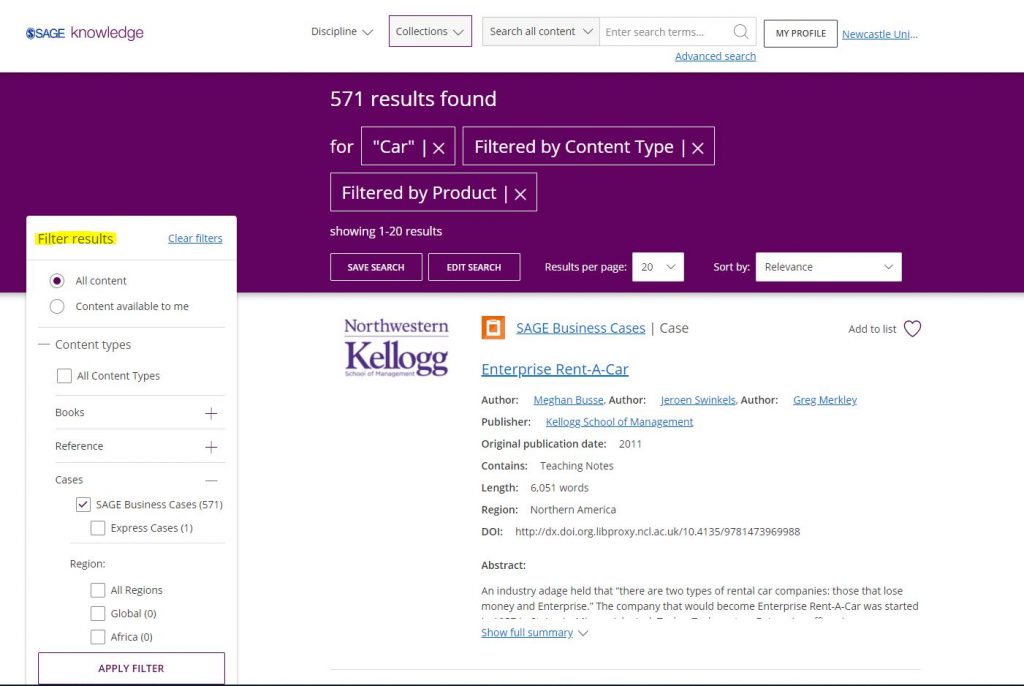
Access
Sage Business Cases is available through our catalogue, Library Search. If you are on campus no password is required. If you are off campus you will need to log in using your University campus ID and password.
All case studies are also individually catalogued on Library Search so you can also locate each one listed separately on there.
Teaching notes for academics
The platform also provides teaching notes for academics, these suggest teaching strategies, target audience and possible responses to discussion questions that can help facilitate classroom discussion.
For academics to access the teaching notes, we will require an access code. Please email lib-socsci@ncl.ac.uk to obtain this.
You will then need to have a personal profile set up on the Sage Knowledge platform. You can set this up by clicking on My Profile which is located in top right hand corner of Sage platform screen.
In the My Profile tab, you need to enter your details and then tick the box next to SAGE Business Cases Instructor Access and enter the access code.
This should then mean when you try and view any teaching notes associated to a case study, you will now have access.
A help video about unlocking teaching notes is available at: https://vimeo.com/260082960
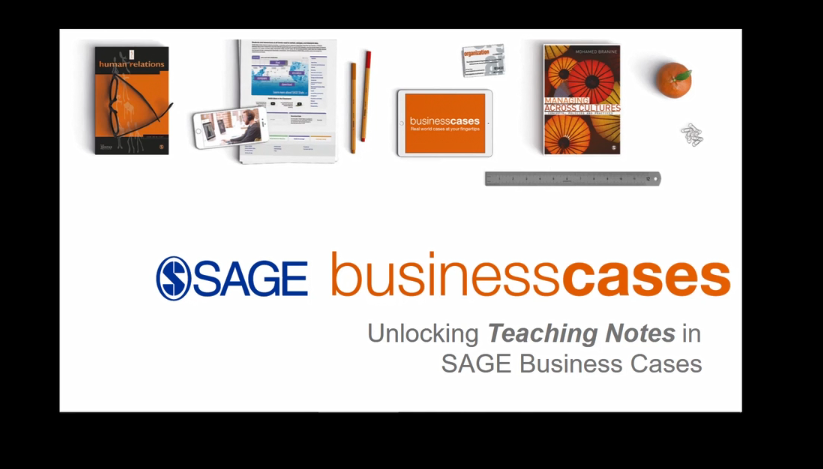
Copyright and Distribution
All case studies are catalogued individually on Library Search so we’d recommend you circulate or embed into Blackboard the catalogue record for the case study from our catalogue.
This means we’ll get usage data from those accessing the SAGE platform.
To get a permanent catalogue link access the record on Library Search and click on the Permalink icon. Then paste the URL into your teaching materials, within Blackboard or your online reading list:
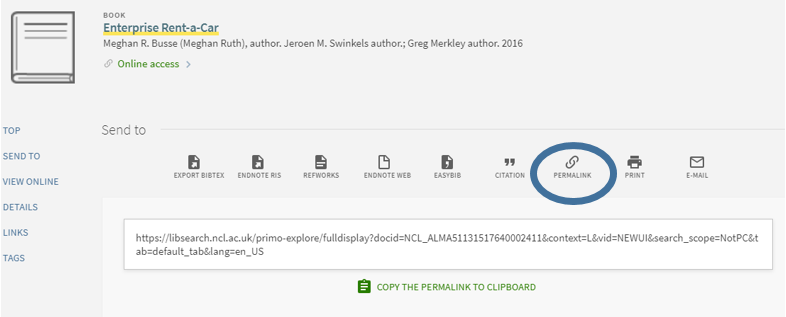
The licence also allows authorised users (e.g. staff/students) to print a ‘reasonable’ number of case studies. Academics can also make individual cases available through Blackboard as this is a password restricted environment. Students can then download and save/print cases from within the VLE.
Help materials
Once logged into SAGE Business Case Studies there are a range of resources available, this video:
For further resources on business cases, check out our Business Cases Resource Guide.

